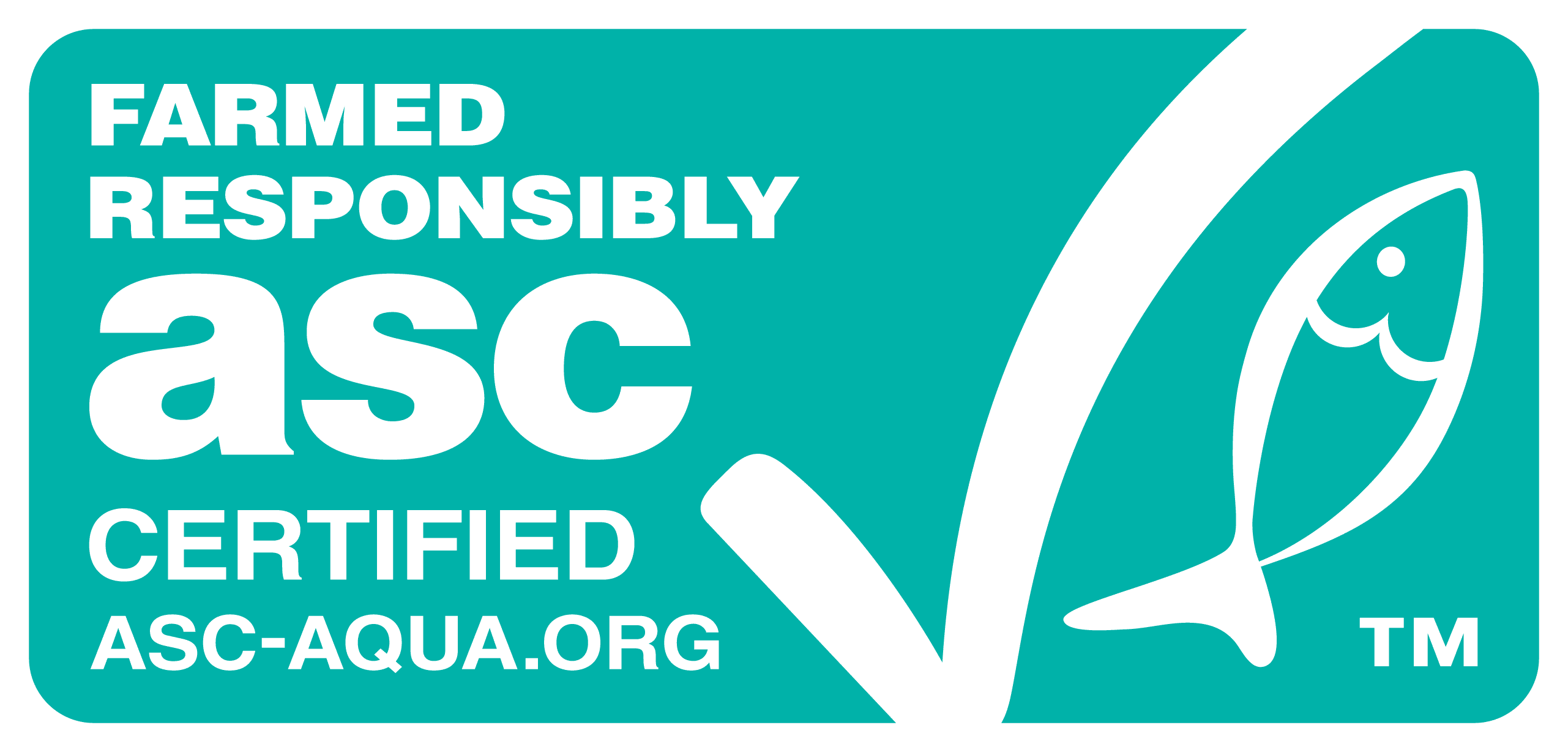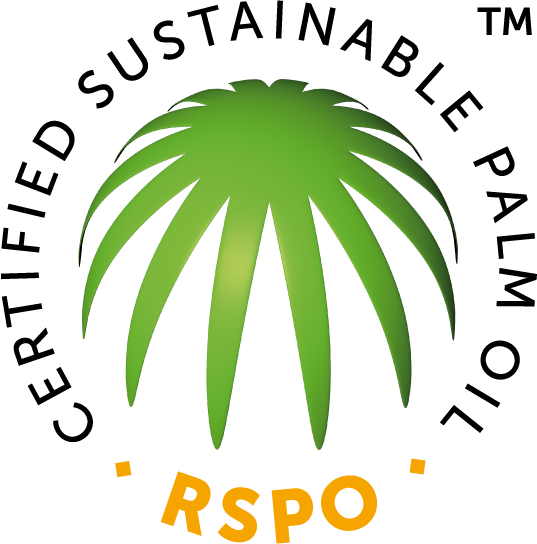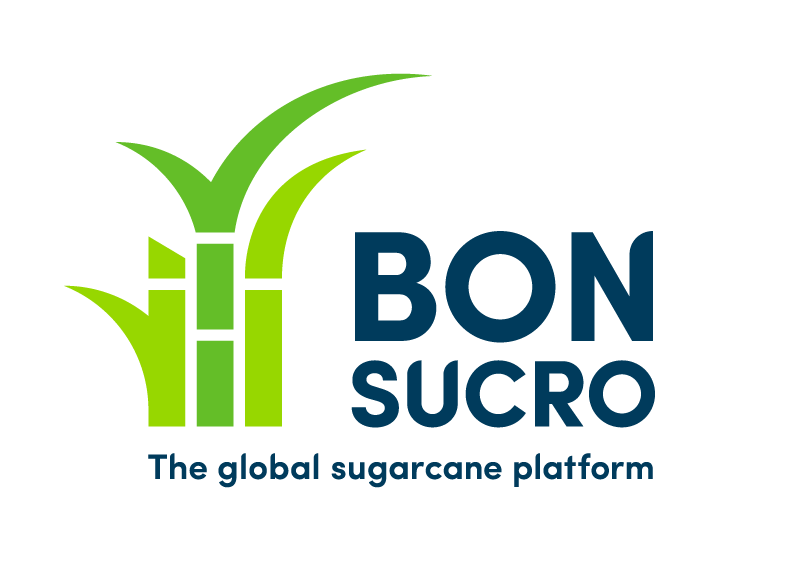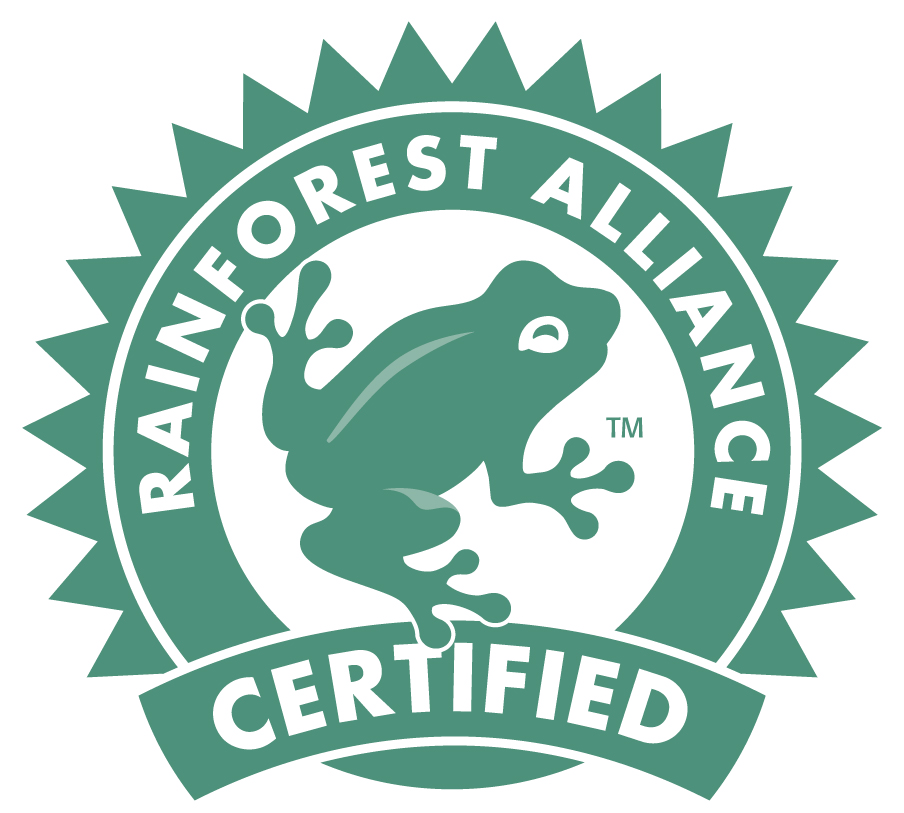Producing food is critical to the future of humankind, yet it’s also one of the most significant threats to wildlife and the oceans, forests, and other habitats they call home.
The good news is that a growing proportion of food is certified sustainable by independent organizations that WWF supports. By choosing certified sustainable foods, you can send a message to your favorite grocery stores and brands that sustainability matters to you.
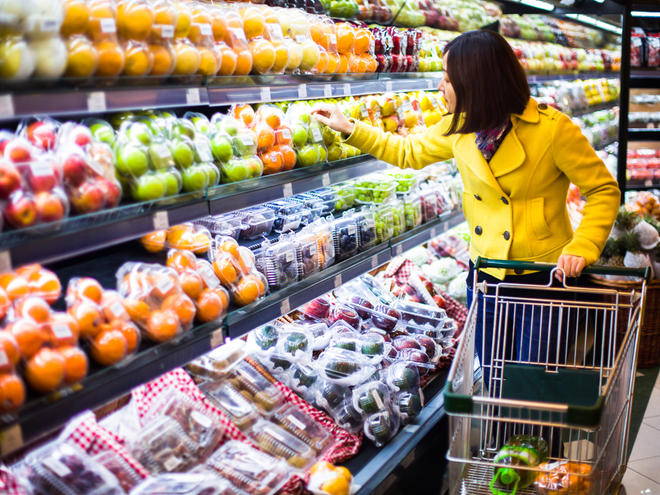
Just look for the follow ecolabels that identify responsibly produced foods. And if you can’t find them, ask your favorite retailers and brands to start selling certified sustainable products.
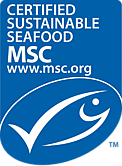
Marine Stewardship Council‘s blue MSC label is found on wild seafood from fisheries certified by the global leader in independent seafood certification. Fresh and packaged seafood bearing the blue MSC label comes from sustainably-managed fisheries that ensure fish are caught at levels that allow populations and surrounding ecosystems to remain healthy and productive for future generations. They also minimize incidental catch of juvenile fish and non-target species in order to ensure healthy oceans, teeming with life.
Aquaculture Stewardship Council certification is given to farms that produce seafood in ways that are environmentally and socially responsible. The criteria for certification help prevent the destruction and pollution of critical habitats including mangroves, protect communities and workers’ rights, and promote the efficient use of energy, water, feed, and other valuable natural resources.
.jpg?1441894818)
Forest Stewardship Council® certification is designated for responsibly produced wood and paper products, some of which is used to package food and other consumer goods. FSC promotes practices that protect water quality, endangered wildlife, the rights of indigenous people, and more.
Roundtable for Sustainable Palm Oil certifies responsibly produced palm oil, the world’s most popular vegetable oil used in many processed and packaged foods and other consumer goods. Sustainable palm oil is produced in ways that help protect rain forests and the wildlife that call them home, including orangutans, rhinos, elephants, and tigers of Indonesia. RSPO certification also promotes practices that protect water resources and limit impacts on climate change.
Bonsucro certifies sugarcane production that uses water efficiently, limits chemical use, protects wildlife and their habitats, and promotes workers’ rights. These issues are particularly important in major sugarcane producing regions, including those bordering some of the world’s largest and most important coral reef systems, such as Australia’s Great Barrier Reef and the Mesoamerican Reef along the Caribbean coast of Central America.
Rainforest Alliance works to conserve forests and natural resources and promote the rights and well-being of workers, their families, and communities. The Rainforest Alliance Certified™ seal—the green frog—can be found on thousands of wood and agricultural products and tourism operations, including bananas, beef, cocoa, coffee, diapers, flowers, paper, soap, tea, and travel destinations.
Enviroshop is maintained by dedicated NetSys Interactive Inc. owners & employees who generously contribute their time to maintenance & editing, web design, custom programming, & website hosting for Enviroshop.

